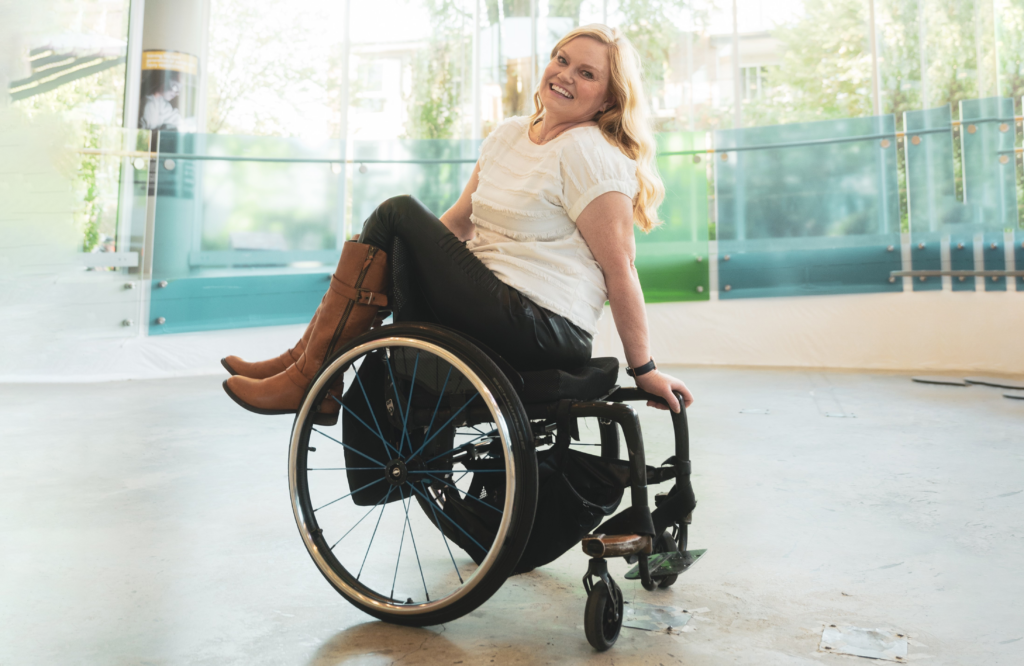
Over 70 organizations serving people affected by and living with spinal cord injury (SCI) have been awarded a total of $7.1 million in Community Support Grants from the Craig H. Neilsen Foundation’s Creating Opportunity & Independence (CO&I) portfolio.
These grants fund everything from rehabilitation and independent living to assistive technology, education, and arts, sports and recreation. As a result, the breadth of CO&I is vast, and the grants help to underpin the Neilsen Foundation’s mission to support programs improving the lives of those living with SCI. Our grantee partners are offering improved self-sufficiency for people with SCI—for example, by providing them with service dogs and driver rehabilitation programs. Funding also helps to educate medical staff, so they can provide primary-level rehabilitation for the underinsured, and infrastructure that enables organizations to enhance their assistive technology.
“Our partner organizations are working hard to improve opportunities for individuals with SCI.” CO&I Program Officer Darrell Musick explains. “We received a strong cohort of applications with impressive project outcomes.”
Seeking to build relationships, Foundation staff works to establish easy communications and we welcome questions from applicants. We want everyone applying to propose work that advances their mission and ours. Recognizing that preparation of an application costs an organization time and energy, we aim to provide detailed instructions and support throughout the process. Staff-led webinars offer organizations in the process of applying an opportunity to reach out if they have questions or concerns.
In 2020, with the help of the Center for Effective Philanthropy, the Neilsen Foundation conducted its first grantee perception survey. Grantee comments about the limitations of single-year funding led to a program shift the following year when we extended the allowable grant length—inviting both one- and two-year applications. This option not only offers flexibility, but it also enables organizations to propose high impact projects that may be of broader scope or duration, while cutting back on administrative time. As a result, we have seen a significant uptick in the Independent Living category.
Darrell adds, “The two-year option is helping organizations focused on independent living to increase support for people with SCI by providing ongoing care during their early transition from rehabilitation to home, as well as transportation and accessibility to their living spaces.”
Community Support Grants are focused on enhancing an individual’s quality of life on a daily basis. Whether it’s a project to acquire new technologies or provide equipment, or an arts program that allows for greater accessibility, these grants are incredibly meaningful for the people they touch. Understanding life through the lens of SCI can be difficult for some, but the passion coming from our grantee partners paints a beautiful picture of what’s possible.